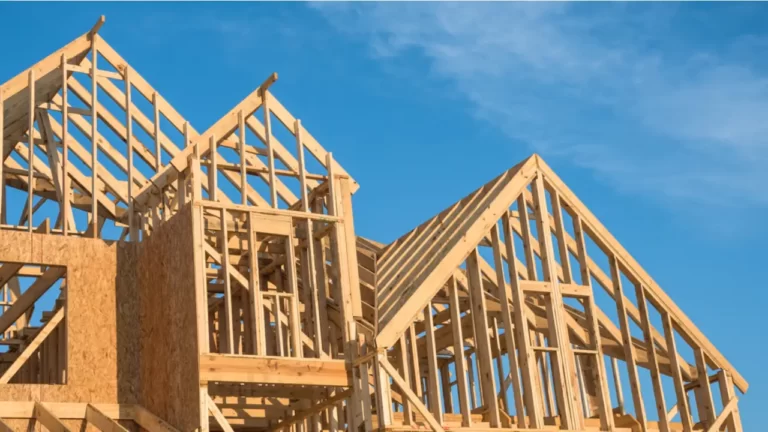Debt consolidation and a cash-out refinance are two popular options for homeowners looking to manage their debt. While these two options may seem similar, there are key differences between the two that homeowners should consider before making a decision.
Debt consolidation involves combining multiple debts into a single loan, typically with a lower interest rate than the individual debts. This can be done through a personal loan, a balance transfer credit card, or a debt consolidation loan. By consolidating their debt, homeowners can potentially save money on interest charges and simplify their monthly payments.
A cash-out refinance, on the other hand, involves refinancing the existing mortgage on a home and taking out additional funds in cash. These funds can be used for a variety of purposes, including debt consolidation, home improvements, or even starting a business.
So, why would a homeowner choose a cash-out refinance over debt consolidation? Here are a few key reasons:
- Lower interest rates: While debt consolidation loans can offer lower interest rates than credit cards or personal loans, the interest rate on a cash-out refinance may be even lower. This can save homeowners even more money on interest charges over the life of the loan.
- Greater borrowing capacity: The amount of money that can be borrowed through a cash-out refinance is typically higher than what is available through a debt consolidation loan. This can be particularly beneficial for homeowners who have significant equity in their home.
- Potential tax benefits: The interest paid on a mortgage, including a cash-out refinance, may be tax-deductible. This can provide additional savings for homeowners.
- Simplified monthly payments: With a cash-out refinance, homeowners are only making one monthly payment, as opposed to multiple payments with debt consolidation. This can simplify their financial management and make it easier to stay on top of payments.
While there are benefits to a cash-out refinance, there are also potential drawbacks that homeowners should consider. One of the biggest risks is taking on additional debt that may be difficult to pay off in the future. It’s important for homeowners to have a plan in place for how they will use the funds from a cash-out refinance and how they will pay off the additional debt.
In addition, a cash-out refinance may come with additional closing costs and fees that need to be factored into the overall cost of the loan. Homeowners should work with a mortgage professional to understand all of the costs associated with a cash-out refinance and determine if it is the right choice for their financial situation.
In conclusion, both debt consolidation and a cash-out refinance can be effective ways for homeowners to manage their debt. While debt consolidation may be a better option for those looking to simplify their monthly payments, a cash-out refinance can provide greater borrowing capacity and potentially lower interest rates. Homeowners should carefully consider their financial goals and work with a mortgage professional to determine which option is best for them.
Visit Middle Credit Score® and check your middle credit score before the refinance process ensuring you position your middle credit score so you avoid points, high rates, and fees.







